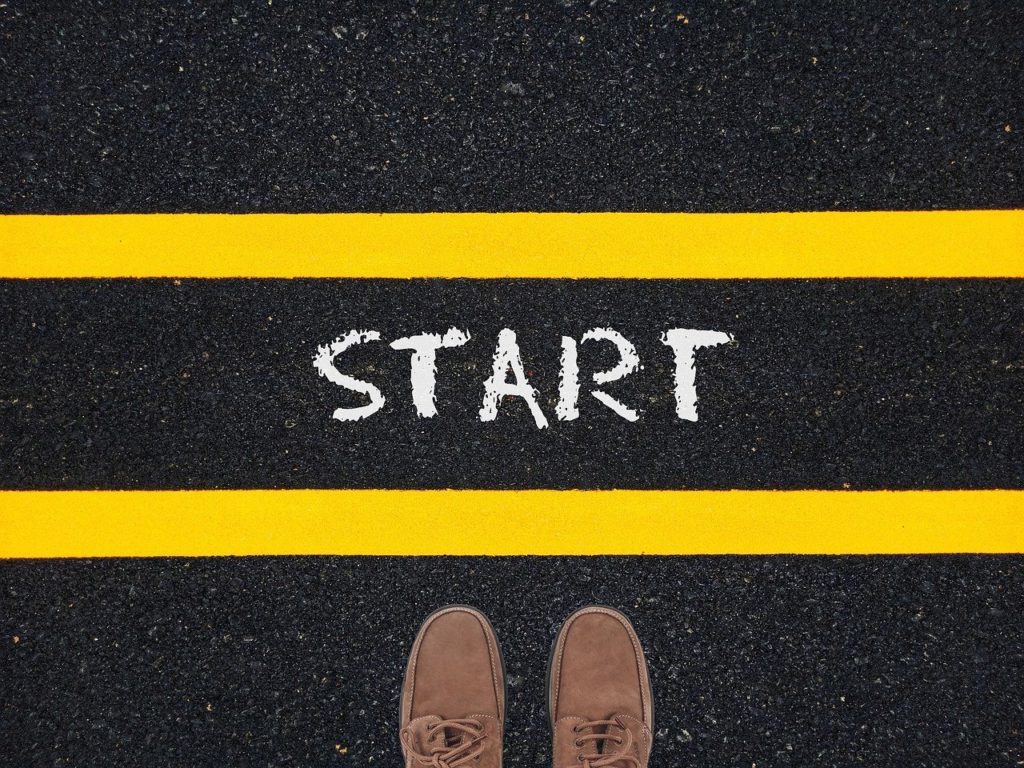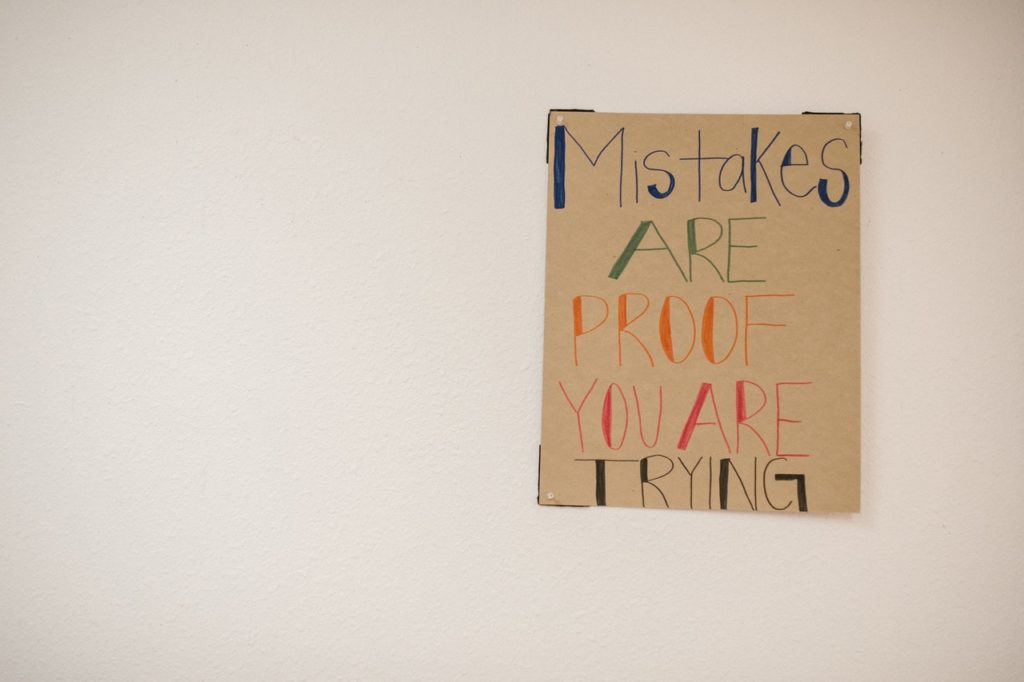Self-confidence and self-esteem are two things that many of us admire in those who have it yet find it hard to develop ourselves. They are also something that almost everyone wouldn’t mind having more of.
But what’s the difference between self-confidence and self-esteem?
The former relates to one’s belief in one’s abilities, while the latter points to one’s inner belief in oneself. Self-confidence can thus be viewed as external-skewing, while self-esteem skews more internally.
Contrary to popular belief, self-confidence doesn’t require one to be the loudest or the most intimidating. Self-esteem is similar in that it doesn’t require one to show off while still valuing oneself appropriately.
It’s also important to know that one can be highly self-confident yet low on self-esteem and vice versa.
Understanding Self-Confidence

Is one born self-confident, or can it be learned?
We’re leaning on the latter because the former just doesn’t gel with reality as it assumes that a non-confident person will remain so until their last days.
Real self-confidence rarely appears in the blink of an eye, although it’s not impossible. Instead, self-confidence is like a muscle that requires deliberate effort to build up over time. Those who have invested the required effort will almost certainly be able to reap the resulting benefits manifold personally and professionally.
Below some things you can do to become more self-confident.
1. Overcome Failure
Failure is scary, which is why so many people avoid it altogether. At the same time, failure is inevitable if you are to pursue anything worthwhile in life. This paradox is rarely mentioned but remains an undeniable truth underlying all great achievements.
What does the word failure mean to you? What images and emotions does it conjure when you think of or see failure?
It may also be worthwhile to look back at your failures and contrast them with your successes. If you’re honest, you know the value that failures can bring and why failing can be beneficial.
2. Do Not Always Mind Others’ Opinions
Harsh words are rarely taken well by their recipients, but this doesn’t always devalue the message. Receiving negative feedback, being humiliated, and detachment can often feel like a stab to the heart.
But how well can you control others’ actions or please everyone? There will always be those who will not fancy you or even disdain you. It is just how life is.
This doesn’t automatically grant you the right to be egotistical and arrogant. It should instead encourage you to take others’ opinions and assign each one the corresponding weight. There will be gems that you will find useful and some that you should discard.
3. Change Your Mindset
You are the sum of your past experiences and your reactions to them. These habits weren’t developed overnight, and few, if any, can just flip on a switch and do a 180° u-turn.
Changing your mindset is possibly one of the hardest things to do, especially if you have developed some deeply ingrained habits. The rewards of successfully doing so, however, can be exhilarating while giving your self-confidence a major boost.
Here’s an article for ways to change your mindset.
4. Visualize Your Confidence
It’s a good practice to regularly schedule some visualization time into your daily life even if you are a very busy person. You can envision anything such as giving a speech, a competition, or standing on a stage being applauded by the audience. These visualization exercises, if practiced correctly, will eventually lead to a boost in your confidence level.
You can find some visualization techniques here.
5. Try Something New
Perhaps there’s something that you have long desired doing but have continued to put off. The way to start removing this regret is to take the smallest actionable step that will move your closer to your goal.
Going above and beyond the familiar will present you with new challenges, learning, and opportunities that would have been otherwise unavailable. You may just be surprised that reality differs from what you had imagined all along.
What is Self-Esteem?

Self-esteem, as mentioned earlier, is the opinion you have of yourself. It tends to be relatively stable, although it can occasionally fluctuate between the highs and lows. While everybody questions themselves sometimes, having low self-esteem can leave you feeling unreliable and unmotivated.
Here are some tips for improving your self-esteem.
1. Question Your Self-Doubts
A good way to begin raising your self-esteem is by figuring out how to deal with your inner critic.
What’s an inner critic?
It’s that voice inside your head that says you are unworthy, whether of love, money, belonging, or something else.
Your brain is a powerful tool that can conjure different scenarios any time of the day. This also makes it easy to imagine the worst by convincing yourself that your imagination perfectly mirrors reality. Such scenarios are not only incomplete but also unlikely.
Nevertheless, self-doubts do have their purpose in your life. You just have to know when to listen to your inner critic and when to disregard it.
2. Write Down Things You Appreciate About Yourself
Jotting down the positive things that you admire about yourself can be a powerful act. It can be a reminder that you are capable of doing great things. Just remember to focus on your strongest qualities and not your weaknesses.
3. Avoid Comparing
It’s human to compare ourselves to others. It’s also how individuals were able to distinguish themselves from those in their community. This drove competition amongst people while also helping to dictate who were the most qualified to be a mating partner.
Fast forward to today’s society, where a person has hundreds of ‘friends’ on different online platforms. How well do you think you’ll fare?
Comparing your life or what you possess to others’ can thus be a destructive habit. In life, you can never have everything. There will always be someone who is better than you in some things and vice versa.
What you can instead do is to replace the thought with something beneficial. Count your blessings and be proud of whatever progress and achievements you have made so far.
4. Improve Your Physical Posture
The way you portray yourself physically can influence how others perceive you. More importantly, it can change how you perceive yourself.
Physical posture here refers not only to the way you stand or walk but also your various expressions such as facial and tonal.
You can see this in people like athletes and high achievers. They know that their posture matters both internally and externally by making themselves feel better while giving others a good vibe about the person they see.
So check your posture right now and see if any improvements can be made.




